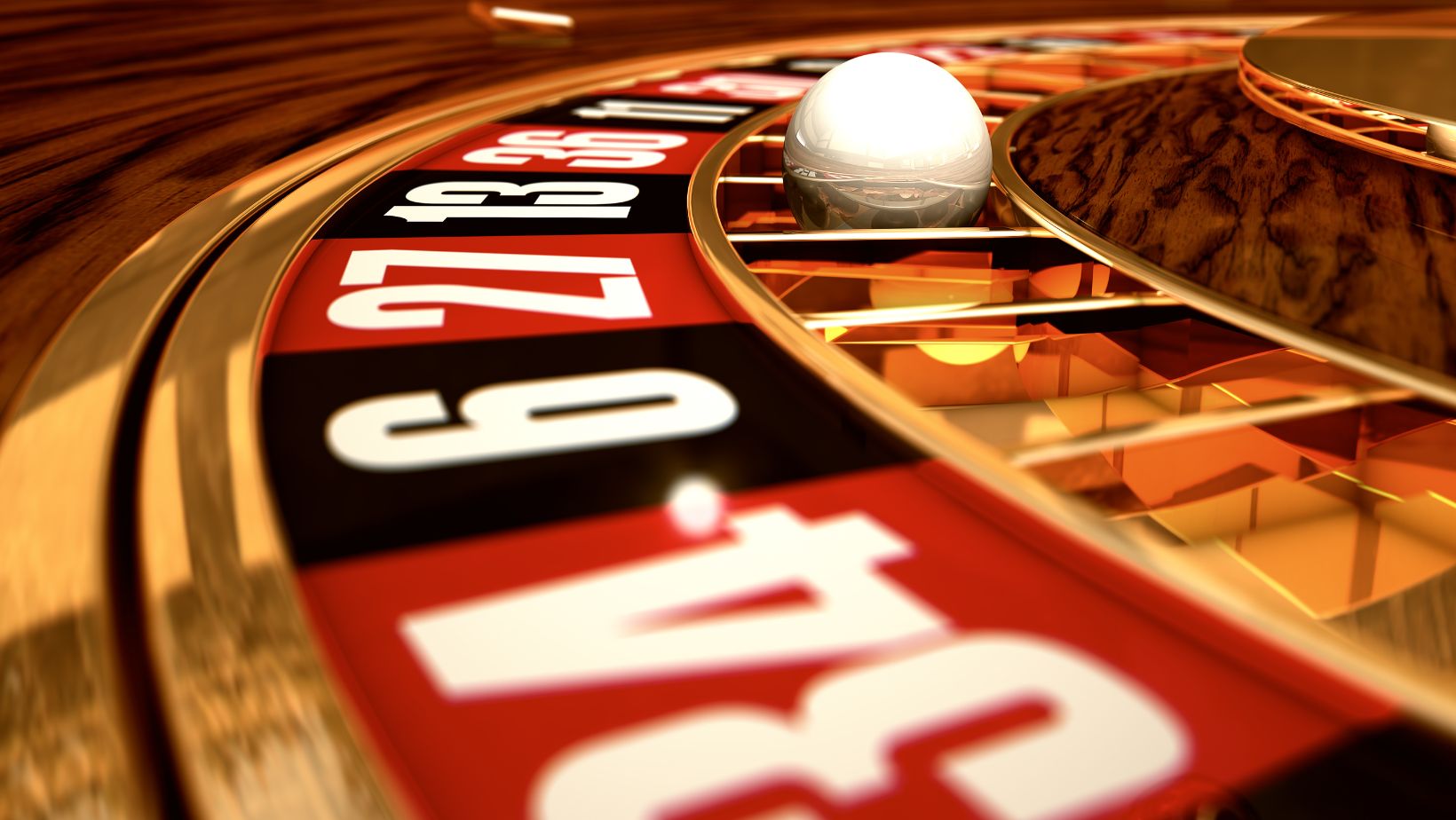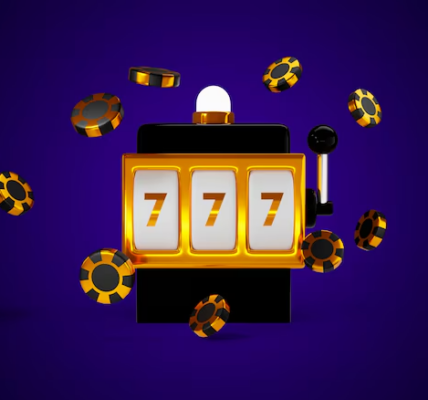After years of testing every gambling “system” I could find—Martingale, Fibonacci, card counting, even wearing my “lucky” shirt—I discovered there’s one casino trick that consistently works. It’s not what any gambling guru sells, and it’s so simple that most people dismiss it as boring.
Here’s the only casino strategy that has never failed me, and why it works when everyth LuckyHunter Casino ing else doesn’t.
Creating positive gambling stories works best at platforms likethat support controlled gaming experiences. This Italian-licensed operator offers comprehensive responsible gambling tools, clear bonus structures with 50x wagering requirements, and diverse payment options starting from €20, helping players maintain focus on process over profit.
The Trick: Decide Your Story Before You Start
Before placing a single bet, I write down exactly what story I want to tell about this gambling session. Not what I hope will happen, but what story would make me feel good regardless of the financial outcome.
“I played for two hours, had fun, stuck to my limits, and walked away feeling entertained.” That’s a winning story even if I lose money.
“I hit a decent win early and cashed out most of it, keeping just enough to play a bit more.” Another winning story.
“I lost my budgeted amount but enjoyed every minute and didn’t chase losses.” Still a winning story.
The trick works because it reframes gambling from outcome-focused to process-focused. When your goal is a good story rather than profit, you make completely different decisions.
Why Every Other “Trick” Fails
Most casino tricks fail because they try to overcome mathematical reality. The house edge exists in every game, and no betting pattern can eliminate it. Progressive systems like Martingale fail when you hit table limits or run out of money. Card counting works in theory, but requires perfect execution under casino pressure.
Even legitimate advantage play techniques fail for most people because casinos actively prevent them. Shuffle machines, continuous shufflers, and surveillance systems eliminate most exploitable opportunities.
But casinos can’t stop you from having a good story. They actually want you to enjoy yourself—happy customers return more often. The house edge handles the profit; they just need you playing.
How to Write Your Gambling Story
Before gambling, I answer these questions:
What would success look like today? Usually involves sticking to limits, maintaining control, and enjoying the experience regardless of wins or losses.
What would I regret? Chasing losses, exceeding my budget, playing angry, or feeling out of control.
How do I want to feel walking away? Entertained, relaxed, like I made good choices.
What’s my definition of “enough” today? Both for winning (when to cash out) and losing (when to stop).
Writing this down takes three minutes and completely changes how I approach the session. Instead of hoping to win, I’m aiming to execute my plan.
Why This Works Psychologically
Gambling problems start when outcomes control your emotions. Win and you feel invincible. Lose and you feel compelled to “get even.” This emotional rollercoaster leads to poor decisions and even bigger losses.
 When you focus on the story instead of the outcome, emotions stabilize. You can lose money and still feel successful if you execute your plan well. Conversely, winning money through reckless play doesn’t feel like success because it contradicts your intended story.
When you focus on the story instead of the outcome, emotions stabilize. You can lose money and still feel successful if you execute your plan well. Conversely, winning money through reckless play doesn’t feel like success because it contradicts your intended story.
This approach also prevents the most dangerous gambling behavior: chasing losses. When your story includes an acceptable loss amount, reaching that limit becomes completion rather than failure.
Making It Work for You
Start small with this approach. Pick a low-stakes session and focus entirely on executing a good story rather than winning money. Notice how different it feels to have your self-respect intact regardless of the outcome.
The goal isn’t eliminating all gambling losses—that’s impossible. The goal is to eliminate the regret, frustration, and self-criticism that make losses feel worse than they need to.
Traditional game knowledge helps maintain perspective, which is why exploring Classic Slots – Play Free Classic Casino Slots can ground expectations in simple, transparent mechanics.
The Bottom Line
The irony is beautiful: when you stop trying to beat the casino and start trying to beat your worst gambling instincts, you end up with better results across the board. Better bankroll management, fewer devastating losses, more genuine enjoyment, and yes—even better financial outcomes over time.
The house will always have its mathematical edge. But when you master your psychological edge, gambling transforms from a battle you can’t win into an experience you can actually control.




